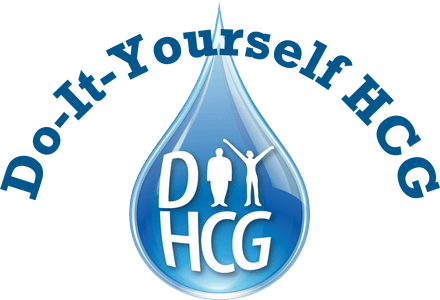How Much Sleep Do We Really Need?
 It's easy to get confused about the amount of sleep you really need every night, as you will see conflicting suggestions that look equally credible. So, how much sleep do you require if you're going to be healthy and energetic, and does your activity level influence the number of hours you should aim to get each night? Here's everything you need to know.
It's easy to get confused about the amount of sleep you really need every night, as you will see conflicting suggestions that look equally credible. So, how much sleep do you require if you're going to be healthy and energetic, and does your activity level influence the number of hours you should aim to get each night? Here's everything you need to know.
How much sleep does the average person require?
The National Institutes of Health report that typical adults have less than seven hours of sleep a night. While seven hours can be enough to stop you from falling asleep during the day, it is not the optimal amount. In fact, most adults would benefit from having at least seven and a half hours of sleep, and some function a lot better after nine hours of sleep. Even in older age, the average person needs at least seven-and-a-half hours of sleep; though, most don't need more than eight. You can evaluate your own sleep needs by considering how many hours of sleep you seem to need in order to feel good all day. If you're regularly feeling sluggish or struggling to concentrate, your current sleep routine may not be quite right.
Does activity level influence the amount of sleep you need?
If you use up large amounts of energy, you will need more sleep. However, it is not just physical activity that leads to greater need for sleep. An emotionally exhausting day will also leave you needing more hours in bed if you're going to feel good the next day. As a result, someone who works on their feet and does hours of manual labor may not actually end up needing more sleep than someone who is using up huge amounts of emotional energy due to feelings of anger, sadness or anxiety. Both people will need extra sleep in order to appropriately rejuvenate their bodies.
In addition, it's a myth that you can "catch up" on lost sleep simply by getting up later on weekends, as chronic sleep deprivation requires you to have more than just a few nights of restful sleep. Every lost hour of sleep requires you to make up the "sleep debt" at a later date.
What else influences how much sleep you need?
It is worth noting that activity levels aren't the only thing that can influence how many hours of sleep you will require. Studies show that people who have a diet comprised mainly of processed foods need extra sleep because their digestive systems are excessively active during the night. Meanwhile, those who have a diet rich in fresh fruits and vegetables provide their bodies with plenty of enzymes that boot digestive function. As such, eating these foods may help to reduce the amount of sleep you need in order to feel rested. Finally, don't forget that making an effort to relax before bed can have a dramatic impact on your sleep quality.
